Featured Posts
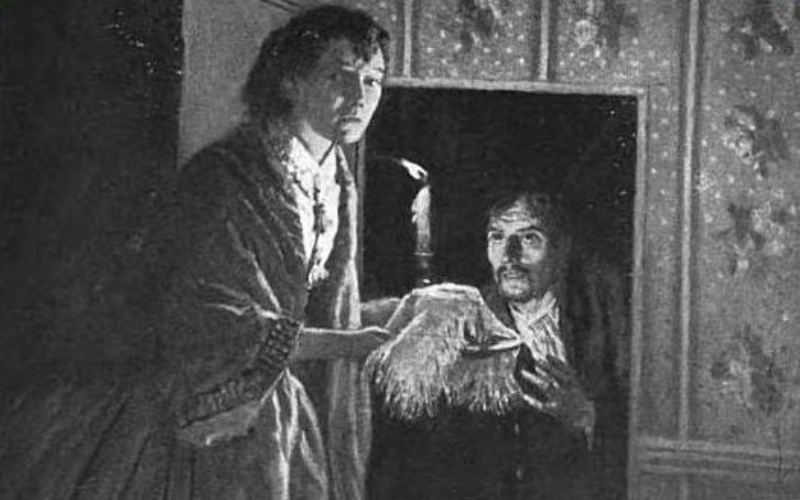
Elizabeth Van Lew: The Civil War Spy
What if I told you that one of the Union's most daring and effective spies during the Civil War was dismissed as a madwoman—right in the heart of the Confederate capital? Meet Elizabeth Van Lew, the woman Richmond society called "Crazy Bet." They weren't just...
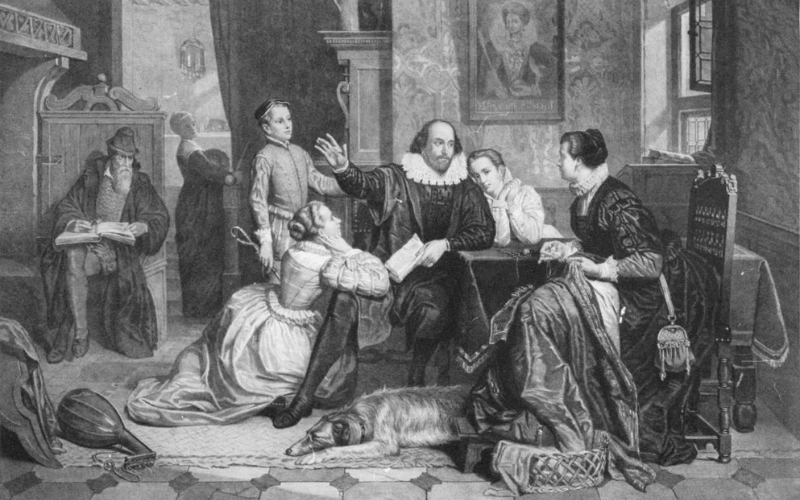
Shakespeare’s Sonnet 116 Becomes Political Propaganda
While examining manuscripts at Oxford's Bodleian Libraries, researcher Leah Veronese stumbled upon a handwritten copy of Shakespeare's "Sonnet 116." But something was off. As she read the lines, she quickly realized they were dramatically different from the famous...
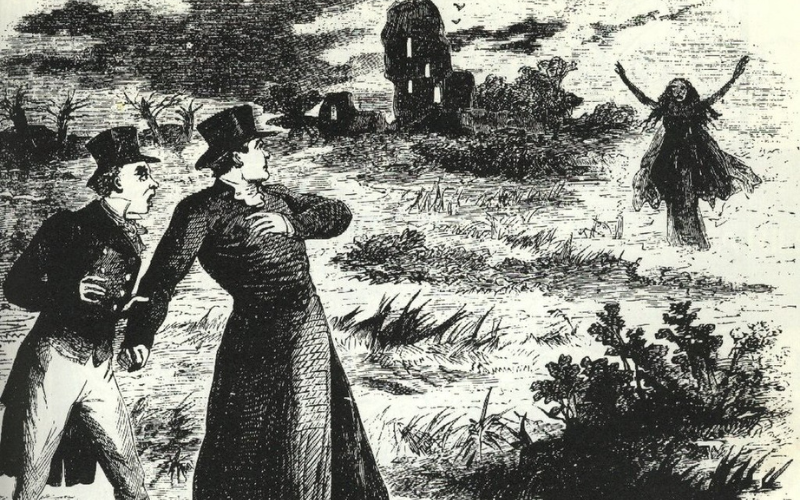
The Banshee: The Celtic Wailing Spirit of Death
In Irish folklore, the banshee—bean sídhe in Gaelic, meaning "woman of the fairy mounds"—haunts the imagination as a ghostly harbinger of death. According to legend, her piercing cry, known as "keening," warns that death is near. Unlike the Grim Reaper, who appears...
Latest Posts
Saints’ Super Bowl-Voodoo Connection (2010)
In the vibrant heart of New Orleans, a city steeped in rich history and culture, a peculiar belief emerged during the 2009 NFL season. As the New Orleans Saints made their way to Super Bowl XLIV, some fans began to whisper about a powerful connection between the...
The Vanished Soldiers of St. Aubin: A Napoleonic Mystery
In January 1814, as Napoleon's empire crumbled under the weight of invading Allied forces, a regiment of French soldiers marched through the frozen countryside near St. Aubin, France. The war had turned against the French, and every battle now pushed Napoleon's troops...
The Romanov Family’s Final Winter (1917)
Rasputin’s Frozen Prophecy As the icy grip of the Russian winter tightened in 1917, the Romanov family faced their darkest chapter. Once rulers of one of history’s greatest empires, Tsar Nicholas II, Tsarina Alexandra, and their five children found themselves...
Nikola Tesla: Creator of AC Electrical Systems
On January 7, 1943, Nikola Tesla, one of history’s most brilliant inventors, died in New York City at 86. His groundbreaking work on alternating-current (AC) electrical systems transformed how electricity is used and distributed. Despite his immense contributions to...
Munich’s Glockenspiel Clock Tower
When you think of Munich, Germany, you probably picture beer gardens, Oktoberfest, and beautiful architecture. One of its most famous landmarks is the Glockenspiel Clock Tower. This captivating piece of craftsmanship has fascinated visitors since 1908. Every day at 11...
Nutcrackers: From Wooden Soldiers to Holiday Icons
The story of nutcrackers is one of wooden soldiers who become holiday icons. It begins in the late 17th to early 18th century in the rural regions of Germany, specifically in the Erzgebirge, a mountainous area known for its mining industry. When the mines were...

Sign up today for my weekly podcast.
Join my Bell’s Books & Blog mailing list today and get a free copy of my latest mini book:
Yesteryear’s Ruin: A Time Bending Historical Psychological Thriller
This story is a short story prequel to my up and coming new series!

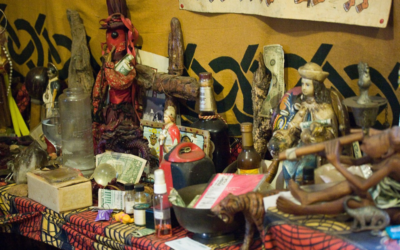
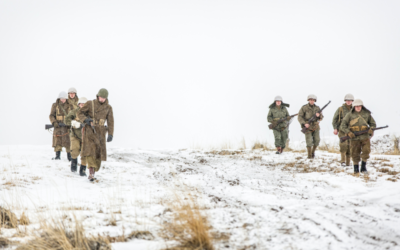

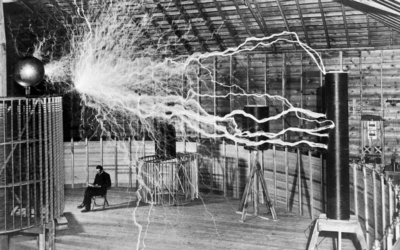
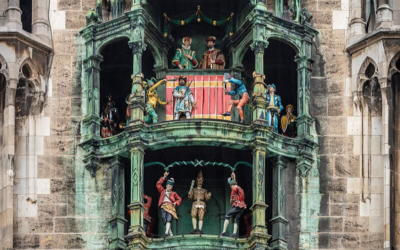

 “Yesteryear’s Ruin” captures the essence of human resilience in the face of unimaginable loss. Through a narrative that weaves together love, despair, and the quest for redemption, this historical psychological thriller invites readers into a world where the past is not merely a memory, but a realm that may hold the key to our deepest desires and darkest fears.
“Yesteryear’s Ruin” captures the essence of human resilience in the face of unimaginable loss. Through a narrative that weaves together love, despair, and the quest for redemption, this historical psychological thriller invites readers into a world where the past is not merely a memory, but a realm that may hold the key to our deepest desires and darkest fears.